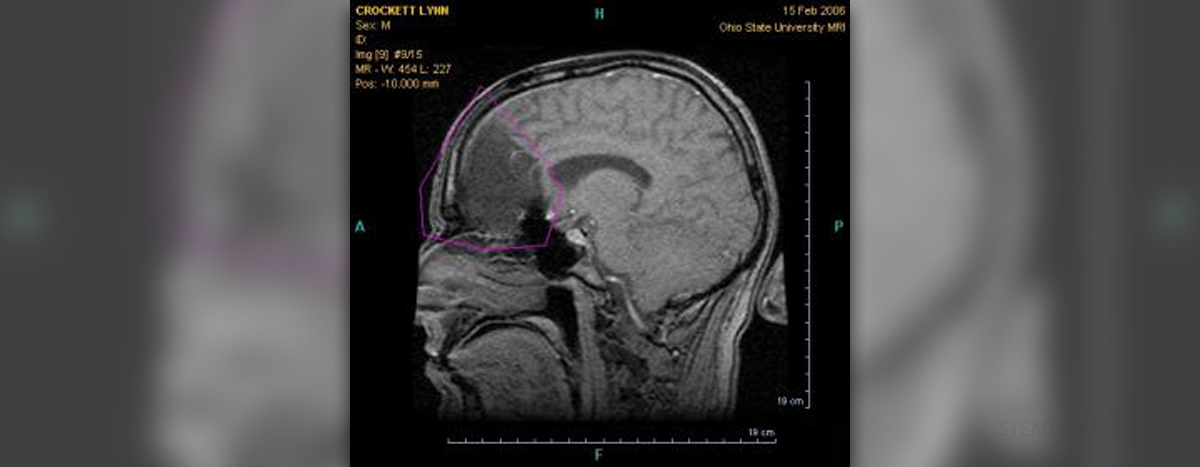
Brain Tumor Headaches
Headache may be the first symptom of brain tumors and it definitely affects all patients after the tumor has reached sufficient size. This type of headache may vary in intensity and it interferes in every day activities. The problem of this type of headache is that is may linger for several hours and it cannot be simply alleviated by pain killers. Apart from headaches patients suffering from brain tumor typically develop several more symptoms of the disease which may help the doctor in setting of the definitive diagnosis.
The actual cause of headaches in patients suffering from brain tumors lies in the growth of the tumor. Namely, human skull cannot stretch if the pressure inside the skull increases. The very growth of the tumor eventually leads to increased intracranial pressure. This pressure is responsible for headaches.
Brain tumor headaches are typically worse in the morning and tend to improve gradually during the day. They may also wake the patients during night. The intensity of headaches usually increases if one is sneezing of coughing or even after changing position of the body.
Until the brain tumor grows enough to cause headaches one can experience other symptoms of the disease. The first symptom of the disease may be seizures, problems with vision, and weakness of certain parts of the body (generally one half of the body). Vomiting is another symptom of brain tumors. If vomiting is not accompanied by nausea and relief after the person has vomited this may point to the presence of brain tumor. Additional symptoms include loss of memory and problems with concentration, speech difficulties, confusion, irritability, aggression, and behavioral changes.
Differential Diagnosis of Brain Tumor Headaches
Apart from brain tumors severe and prolonged headaches can be connected to other medical conditions, particularly migraines. Both, brain tumors and migraines may feature with headaches and blurred vision. This is why in such patients MRI of the brain is the most suitable solution to confirm or rule out the presence of brain tumors.
Increased blood pressure may be another condition that leads to headache. To confirm hypertension the doctors measure the blood pressure.
Severe headache can also occur in sinusitis. Still, additional symptoms of sinusitis including nasal congestion, sneezing etc. can ease setting of the correct diagnosis.
And even brain aneurysm may in some cases cause intensive headaches. Even in this case a simple MRI scan of the head or even MR angiography can help in setting of the correct diagnosis.










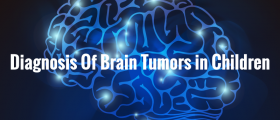


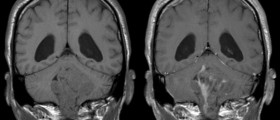
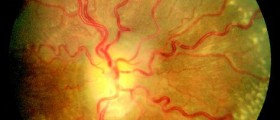

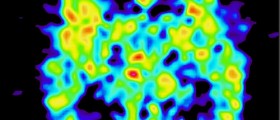
Your thoughts on this
Loading...